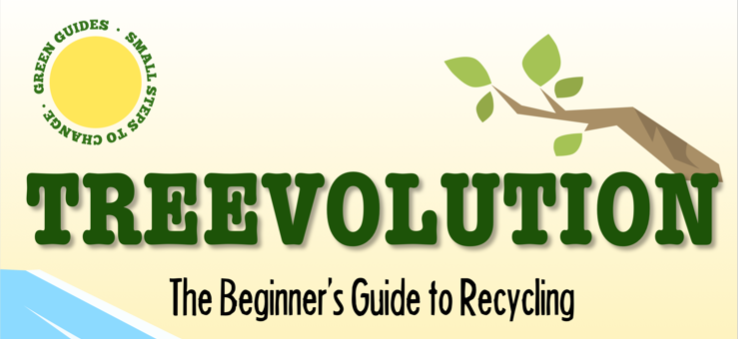Photo: Nathan Dumlao/ Unsplash
5 ways to deal with kitchen waste
In our busy lives, it’s easy to overlook the impact our everyday actions have on the planet. Putting a few small sustainable practices in place at home is a great place to start – and where better than your kitchen?
What is food waste?
Also known as kitchen or ‘wet’ waste, food waste refers to any organic material that is discarded from our kitchens. It includes fruit and vegetable peels, spoiled produce, expired leftovers, coffee grounds, eggshells and so on.
Although it may seem insignificant on an individual level, the collective volume of kitchen waste generated is staggering. In South Africa alone, the World Wildlife Fund for Nature estimates that about 10 tonnes are lost every year. About 5% of that wastage happens at consumer level.
How to reuse scraps
Here are ideas on how to turn your scraps into things you can use
- Save your apple, orange and lemon peels from the bin by adding them to a homemade cleaning solution. The peels carry pleasant fragrances and cut through grease. Here’s a YouTube video on how to make your own
- Instead of throwing beetroot, carrot and radish leaves away, use them to create an unusual salad. Here’s a recipe
- Use the ends of carrots, onions and celery to start your own veggie garden. All you need is some offcuts and a flat dish. Click here for a step-by-step video
- Banana peels are rich in potassium and other nutrients that are great for plants. You can turn them into a liquid fertiliser and non-toxic pest repellent. Here’s how
- Composting is also a great way to use kitchen scraps. Read our guide to making your own
Notebook
- Read how this NPO is helping improve food security in South Africa: Nosh Food Rescue’s fight against food waste
- The World Wildlife Fund for Nature’s report on food loss and waste
- How to make your own compost
- Download Treevolution’s Beginner’s Guide to Recycling

